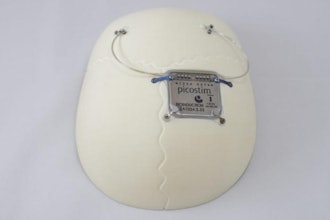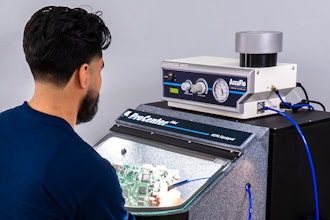
Amber Therapeutics, a UK-based medical technology company developing an adaptive neuromodulation therapy to treat mixed urinary incontinence (MUI), announced the successful closing of its Series A financing raising a total of $100 million (£80 million) from healthcare and technology investors in the U.S. and UK.
Amber-UI is an implantable adaptive neuromodulation therapy in clinical development for women with MUI, targeting the pudendal nerve through a novel, minimally invasive surgical procedure. The proceeds of the financing will be used to fund the development of Amber-UI through pilot and pivotal studies towards regulatory approval in the US.
Amber-UI runs on Amber’s Picostim System, an adaptive neuromodulation system able to both stimulate and sense physiological responses that is configurable to the individual’s needs and can respond dynamically to different events. Amber-UI has the potential to be the first singular neuromodulation therapy for MUI that both directly regulates the urge to void the bladder and augment resistance to urine leakage caused by activities such as coughing or lifting, allowing for restoration of normal bladder function.
Planning for pilot studies in Europe and a pivotal trial of Amber-UI in the US is already underway following initial discussions with regulators and supported by highly promising preliminary results from a first-in-human study (AURA-2), announced in February 2024, confirming the safety and feasibility of both the surgical procedure and adaptive therapy as well as a strong efficacy signal. Results from the fully enrolled study are expected in the second half of 2024.






















